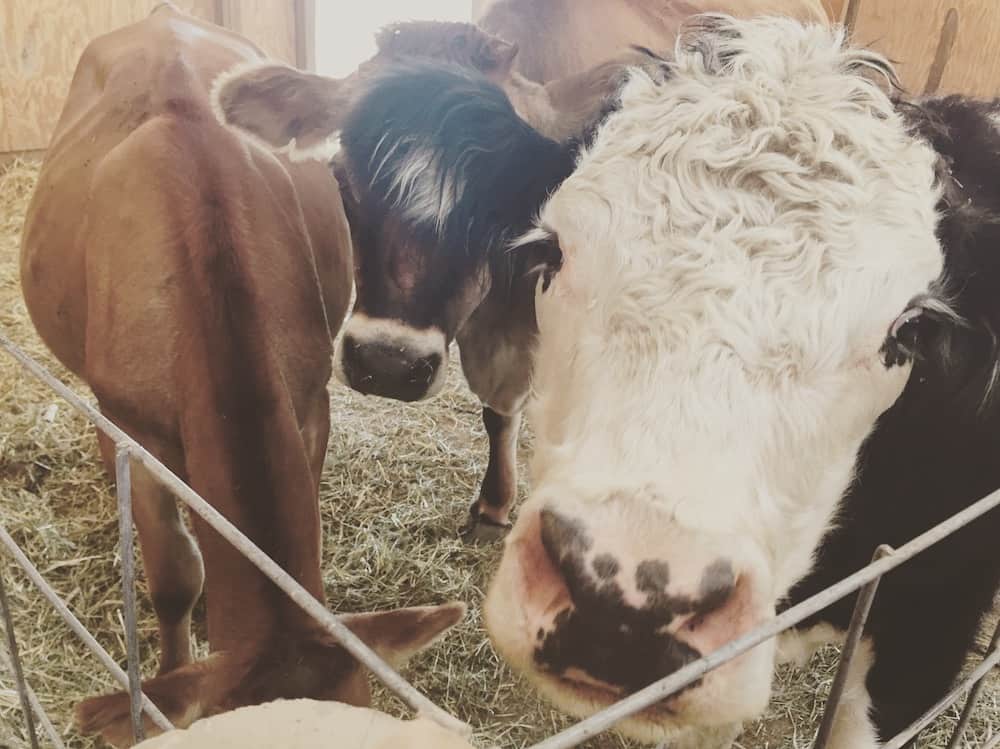
Creating a respectful workplace on sanctuary grounds (often even if you solely work with volunteers) is a core responsibility for your animal sanctuary or other animal-focused organization. Failing to provide this foundation of respect and mutual support can wreak havoc at a sanctuary, which could result in things like increased turnover, burnout, a poor reputation in the community, and yes, legal jeopardy in some cases, especially for registered nonprofits and charity organizations in the United States and Canada.
Video Resource: Respect in the Workplace For Animal Sanctuaries Webinar
Check out this webinar hosted by The Global Coalition of Farm Sanctuaries and led by trained facilitator Krista Hiddema about the importance (and legal requirements) of creating a respectful workplace at animal organizations. Krista covers the basics and complications of this important policy work with sanctuary-centered, easy to follow examples. Krista also shares four workplace respect policies that she developed with four different animal-focused organizations and what might have led to each one being a unique document despite all having similar legal minimum requirements.
Respect in the Workplace For Sanctuaries Presentation Slides And Links
Click here to access a PDF of Krista’s slides in the Video Resource above!
Click here to access an overview of Human Rights Codes by Province in Canada
Click here to access a list of the Protected Classifications in the United States
Click here to access a list of sexual harassment training requirements by state in the United States
Check out our Incident Report Form Template, which may be a great starting point for helping to develop documentation to assist in fostering workplace respect.
Sample Respect in the Workplace Policies
Enter either your organization’s name or your name and email below to download the four sample Respect in the Workplace policies generously shared by Krista, as described in the Video Resource above.
We promise not to use your email for any marketing purposes! Would you prefer to access these policies in a different way? Contact us and let us know!
Do Not Just Copy And Paste These Policies!
Krista has generously provided these four organizations’ policies to serve as a good discussion starting point for animal organizations to craft their own policies, but both she and we implore you not to just copy and paste this information into your own policies! There may be specific legal requirements that are based on your organization’s region, and there are also specific clauses that depend highly on an organization’s culture and approach that you may or may not want to adopt. We highly recommend exploring these documents with your board or staff and discuss what you’d like to see in your specific policy, in addition to what it legally needs to contain, ideally with an attorney who practices in your region. The Open Sanctuary Project is not legal counsel and your access to our materials does not constitute an attorney-client relationship. As always, if you have questions about this, please refer to our disclaimer.






